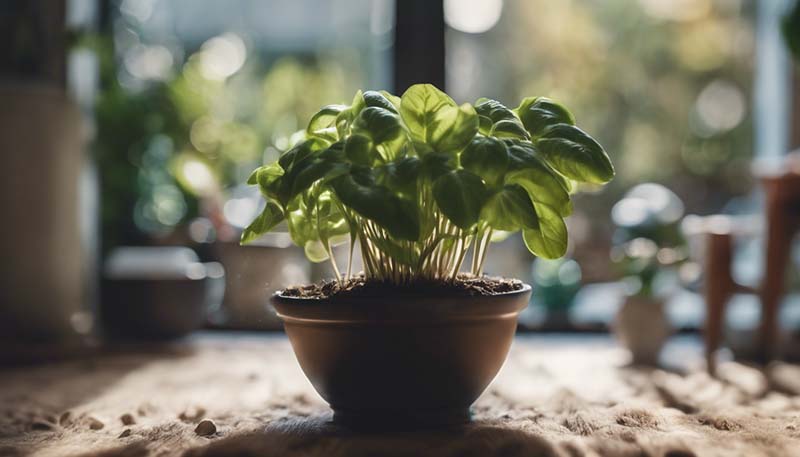The Benefits of Indoor Gardening for Cognitive Function
Gardening has long been associated with a myriad of physical health benefits, from improving cardiovascular health to reducing muscle tension. However, the cognitive benefits of engaging in gardening, especially indoor gardening, are equally compelling. This article explores how indoor gardening can have a positive impact on various aspects of cognitive function, including memory, attention, and creativity.
Stress Reduction and Mental Well-being
The act of nurturing plants can be incredibly therapeutic. Indoor gardening provides an opportunity to engage in a calming and repetitive activity that can help reduce stress and anxiety. Lower stress levels are known to improve cognitive function by allowing the brain to operate more efficiently.
Advertisement
Enhancing Attention and Focus
Gardening requires a certain level of attention to detail, whether it's monitoring the health of plants or ensuring they receive the proper amount of water and sunlight. This sustained attention can help improve concentration and focus, which are essential cognitive skills.
Boosting Memory
Remembering the specific care requirements for different plants can help improve memory retention. Indoor gardeners must keep track of watering schedules, plant food applications, and other maintenance tasks, all of which can contribute to better memory function.
Stimulating Creativity
Indoor gardening offers a blank canvas for creative expression. From choosing the right plants to arranging them aesthetically, the creative aspects of indoor gardening can stimulate the brain's imagination and innovation centers.
Improving Problem-Solving Skills
When faced with challenges such as pests or disease, indoor gardeners must employ problem-solving skills to find solutions. This process can enhance the cognitive ability to analyze situations and develop effective strategies.
Encouraging Lifelong Learning
The ever-changing nature of plants and their needs encourages gardeners to continuously learn and adapt. This lifelong learning process can help keep the mind sharp and open to new information.
Physical Activity and Brain Health
While indoor gardening may not be as physically demanding as outdoor gardening, it still involves a certain level of physical activity. This movement can increase blood flow to the brain, which is beneficial for cognitive health.
The Role of Nature in Cognition
Numerous studies have shown that interaction with nature can improve cognitive function. Indoor plants can provide a small yet significant connection to nature, offering similar cognitive benefits within an urban or confined space.

Conclusion
Indoor gardening is not just a hobby; it's a cognitive workout that can enhance mental well-being, attention, memory, creativity, and problem-solving skills. By incorporating plants into our living spaces, we can foster a healthier mind and a more harmonious living environment.
Comment